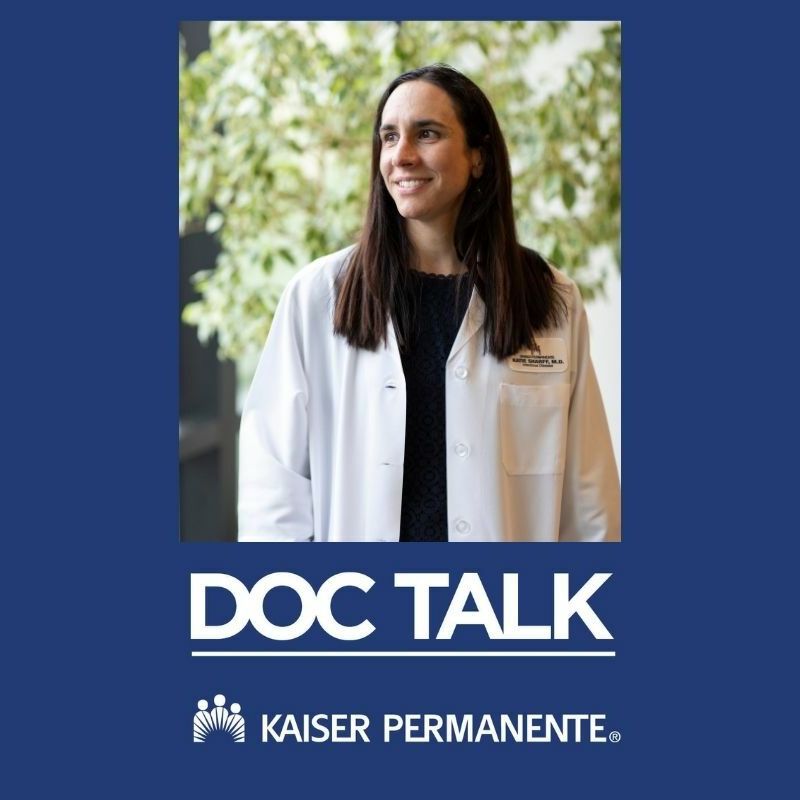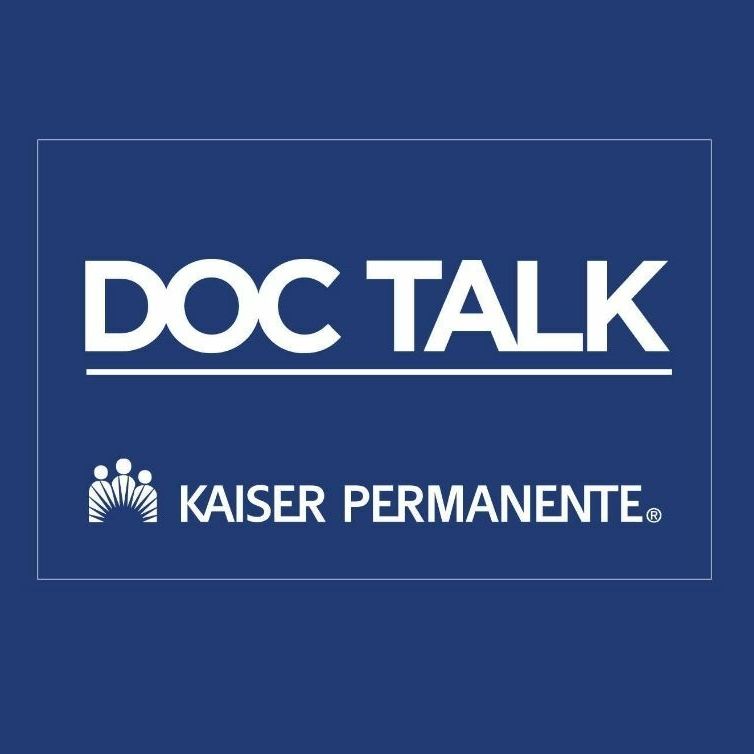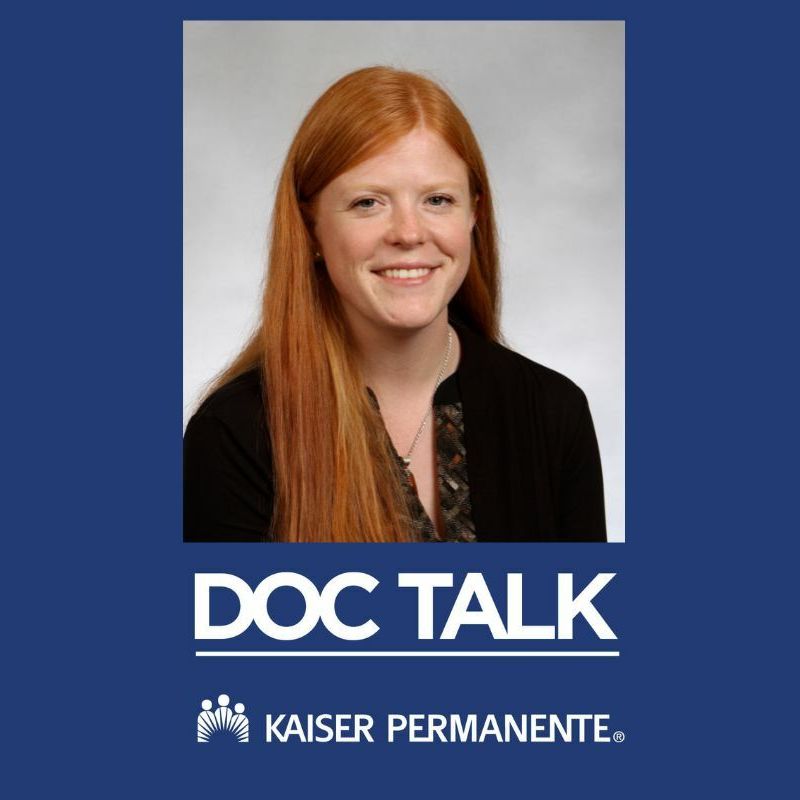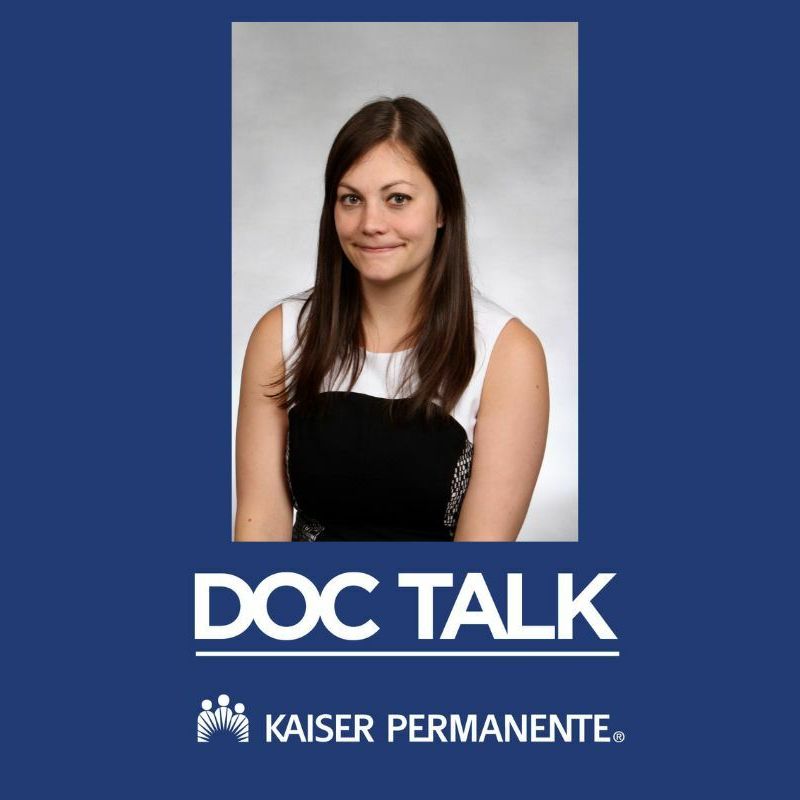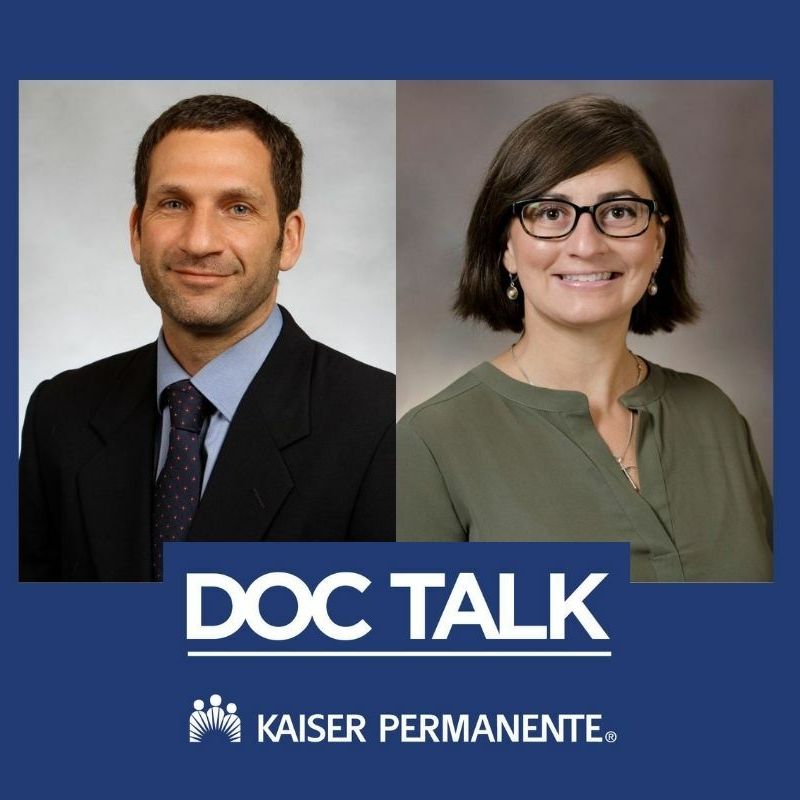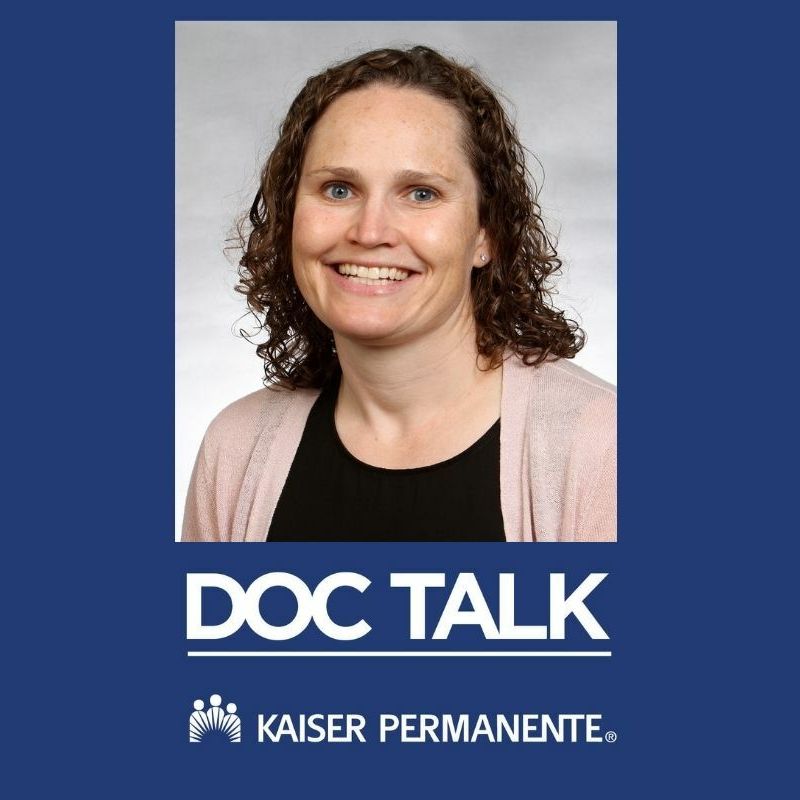Doc Talk: Your questions — answered

Preston Peterson, MD, Chief of geriatrics for Kaiser Permanente in Portland, Oregon.
Dementia is a leading cause of disability in older adults, and new Kaiser Permanente research shows cataract surgery can lower the risk of senior dementia by 30%.
The research underscores that people may be getting “higher quality sensory input” after cataract surgery, which might be beneficial to the brain. These results are consistent with the notion that sensory input to the brain is important to brain health.
“With dementia, age is the greatest risk factor,” said Preston Peterson, MD, chief of geriatrics for Kaiser Permanente in Portland, Oregon. “But there are things you can do earlier in your life to help reduce the risks. Keeping your vision and hearing exams up to date — as both hearing and vision deficits are treatable for the most part — can reduce your dementia risk later in life.”
Dr. Peterson shares ways to reduce your risk of dementia, including health screenings, living a healthy lifestyle, and maintaining social interaction.
Q: What is dementia?
A: Dementia is a syndrome in which cognitive function deteriorates beyond what is expected from typical aging, and it is one of the major causes of disability and dependency among older people.
Dementia results from a variety of diseases and injuries that affect the brain, such as Alzheimer's disease or stroke. And while symptoms and onset of dementia don’t typically occur until later in life, you can lower your risk of dementia by making a few healthy lifestyle changes at any age.
Q: What are some risk factors for dementia?
A: Loneliness and social isolation increase the risk of dementia in older adults by almost 50%, so it’s very important to stay socially connected. Sensory loss is also emerging as an important risk factor because losing your hearing or your vision can lead to isolation.
Q: What are some signs of dementia?
A: Symptoms of dementia can range from forgetting recent events or people's names to not recognizing friends and family. Patients often have increasing difficulty with communication and a need for assisted care.
Q: What are some healthy lifestyle changes that may lower your risk of dementia?
A: There are a variety of simple, everyday ways to lower risk.
- Increase physical activity to improve cardiac health and blood flow to the brain.
- Eat more vegetables, fruits, and whole grains to keep blood sugar levels in check.
- Take time to socialize and stay connected.
- Be mindful of medications that might affect cognition.
- Keep up with medical appointments and cardiac health.
- Treat issues related to hearing and vision, and consider cataract surgery, if recommended by your physician.
Q: What supplements have been proven effective for preventing dementia? Are there any?
A: Many supplements have been studied, including vitamin C, vitamin E, vitamin D, beta carotene, multi-vitamin, fish oil, and others. Sadly, none have shown proven benefits in preventing dementia. Adherence to a Mediterranean diet — rich in plants, nuts, and fish oils — has shown to improve heart outcomes and may have benefits in dementia prevention, but the benefit is not certain.
Q: Do crossword puzzles, Wordle, and other mental exercises help prevent dementia?
A: In general, no games, puzzles, apps, or mental exercises show good evidence for preventing dementia. They do show that repeated performance can make the person better at the task. For example, playing Wordle can improve your skill and performance at Wordle. But this doesn’t translate to a specific reduction in dementia risk.
Q: Once signs of dementia appear, are there any ways to slow down or reverse the process?
A: There are no proven treatments to reverse dementia, once it has occurred or been diagnosed. However, there is ongoing research into potential therapies that could stop, reverse, or even prevent dementia. Initial trials of disease-modifying drugs have been disappointing, leading to significant potential for harm in many patients.
The common therapies for Alzheimer’s-type dementia are medications called cholinesterase inhibitors, or a drug called Memantine, which targets the NMDA receptor in the brain. These drugs can slow dementia symptom progression, somewhat, but the results are modest, and the drugs have many potential side effects which should be considered.
Q: What recommendations do you have for those who are experiencing the negative effects of isolation, but are too high risk to not isolate themselves during the pandemic?
A: Social connectedness can be virtual. I would encourage older adults to enlist help in getting access to a virtual application that would allow video connection. Staying connected by phone can work also. Social connectedness does not have to be in-person. There are also groups that do “caring calls” by phone, which can also be valuable.
